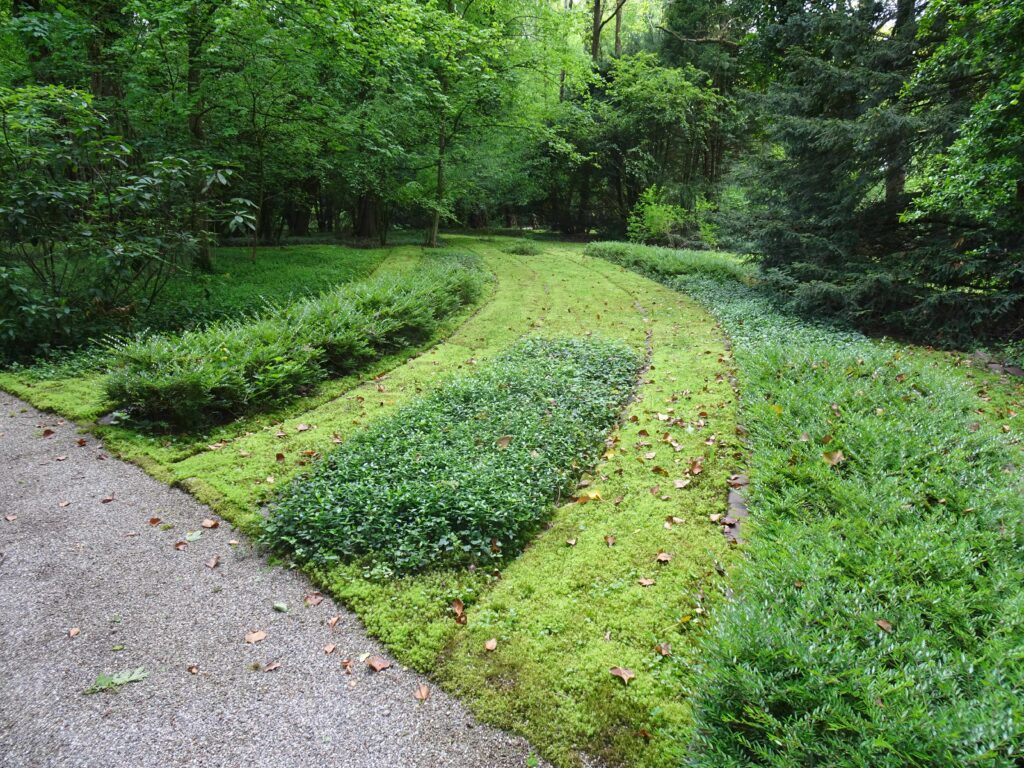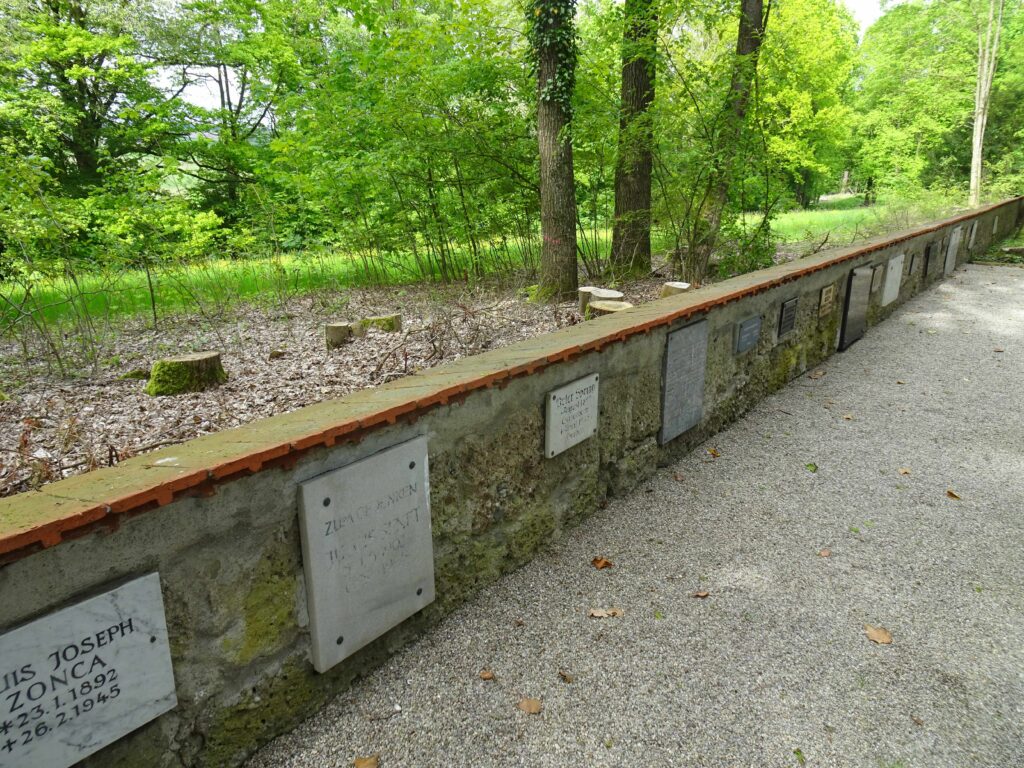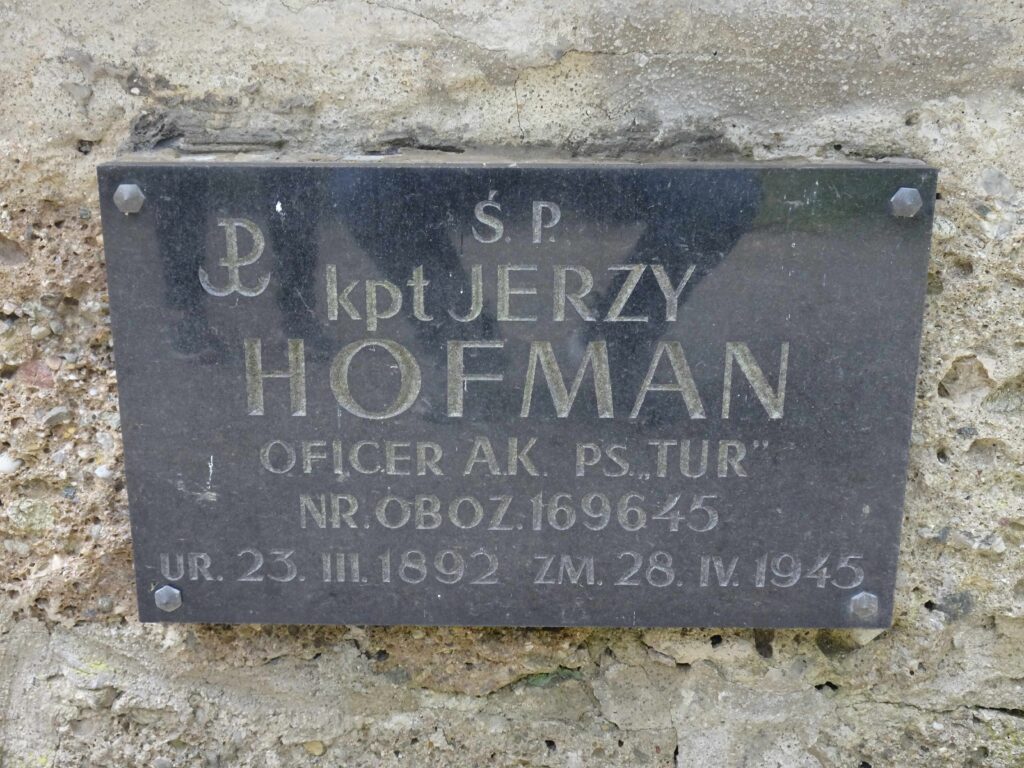Death is something we all encounter. Our own; a loved one; a relative; a friend; a stranger. As beings who are acutely aware of their own mortality, yet never knowing when life might come to an end, it’s even more important to live in the present. For the future may be nowhere to be seen.
We understand that birth and death are both equally natural in their essence. Yet we greet one with joy, the other with grief. Even horror, if we perceive the circumstances surrounding that death to be unnatural.
There can be nothing natural about rounding up peoples from all walks of life and imprisoning them into a life of hell. For no good reason other than a twisted view on society and what that means.
Our afternoon is spent in Dachau Concentration Camp, just north of Munich. The longest running and prototype for more than one thousand other camps. Our guide Martina, is open and honest. She offers no excuses for the atrocities of the Nazis. No excuses for the closed eyes of the majority of the German population during this period. (over eight million were members of the Nazi party) She poignantly helps us to reflect on how difficult those times were for their nation. The fear they held for themselves and for those they love.
Not everyone had closed eyes. Did she ever think that she could have joined the resistance? With two children? Never.
Martina leads us for two and a half hours. Speaking with a deep knowledge and authority surrounding the salient issues and circumstances involving the Nazi regime. It’s clear this is her vocation. For too long after the war, the German people and government found it almost impossible to face up to what had happened. Like being unable to admit to a guilty secret.
Dachau camp is surrounded by residential areas. The smells and the screams were not stopped by barbed wire. Local Dachau would turn up their radio. They didn’t want to know what was going on.
As one surviving ex-prisoner says “History will always be there, people will not.”
The gate all prisoners pass through is headed with the words ‘Work Will Set You Free’. The first of many psychological tricks the Nazis played. The only freedom most found was in death. Yet, even under horrendous and torturous conditions we discover that a special camaraderie flourished throughout the camp.
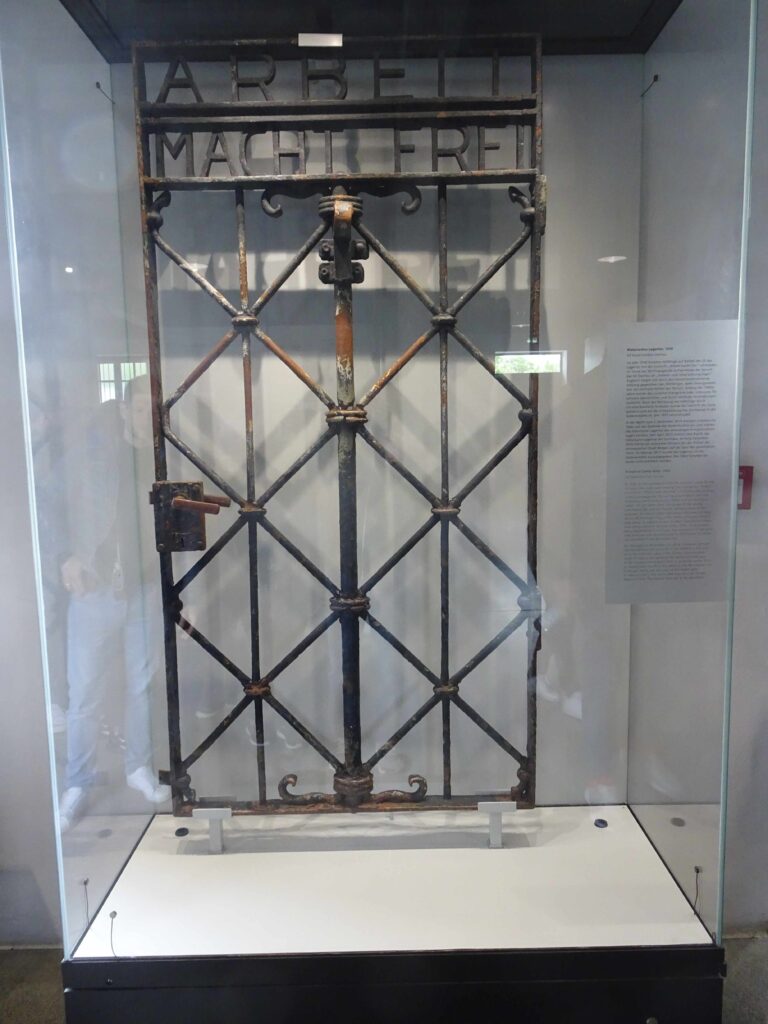
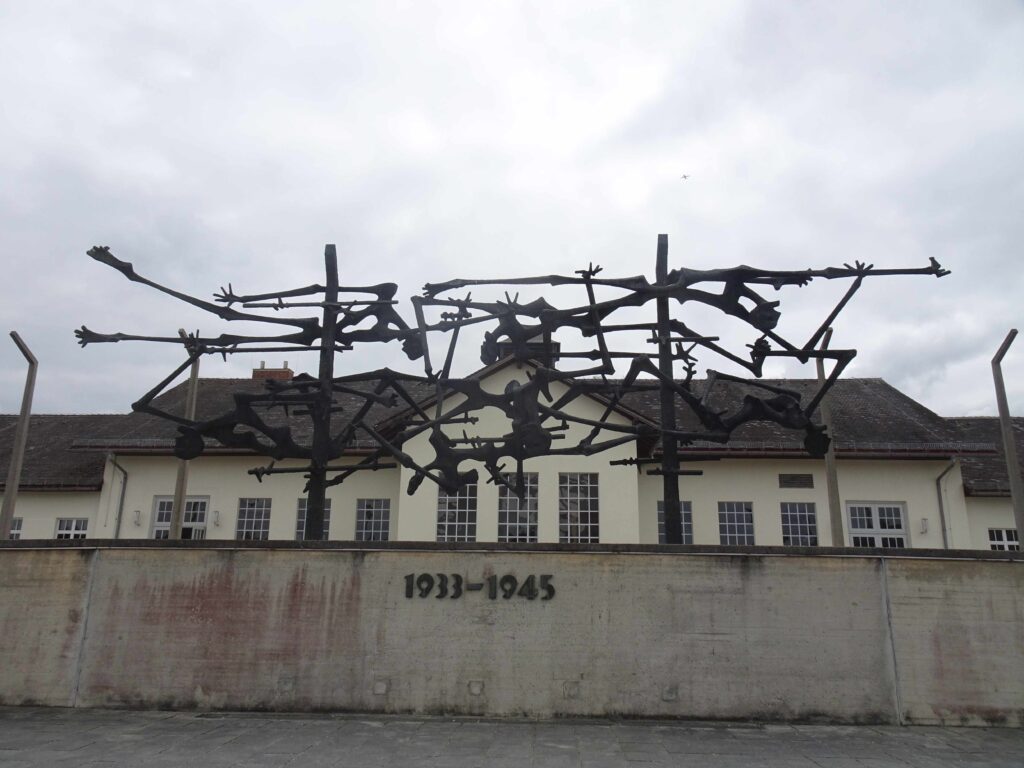
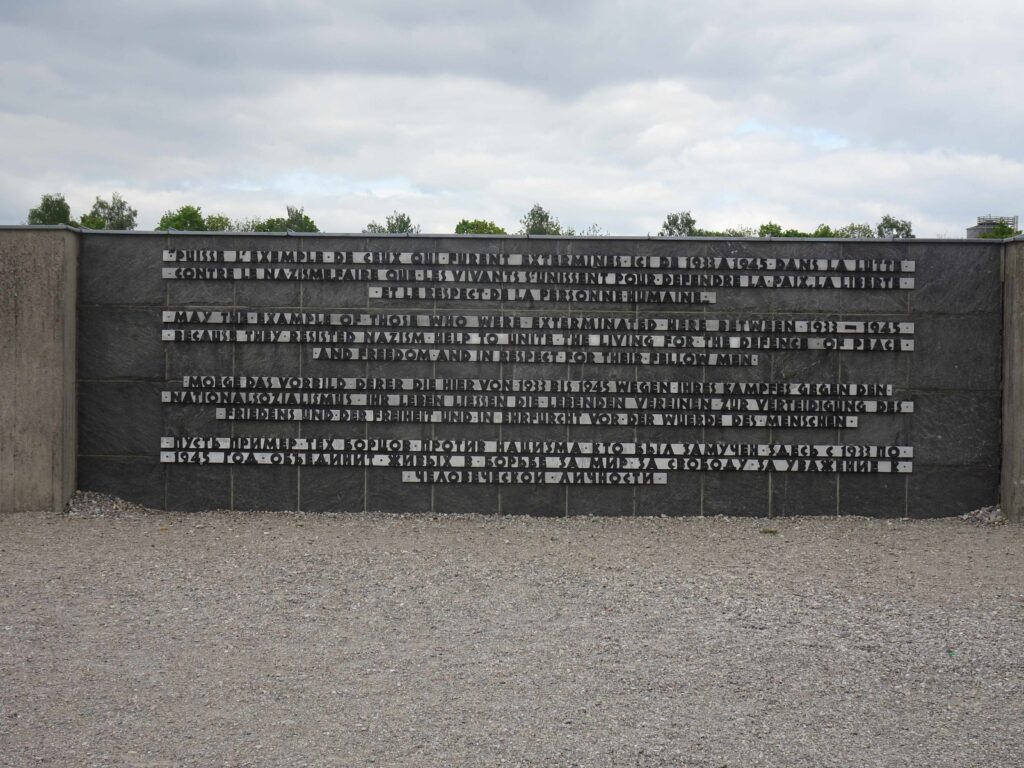
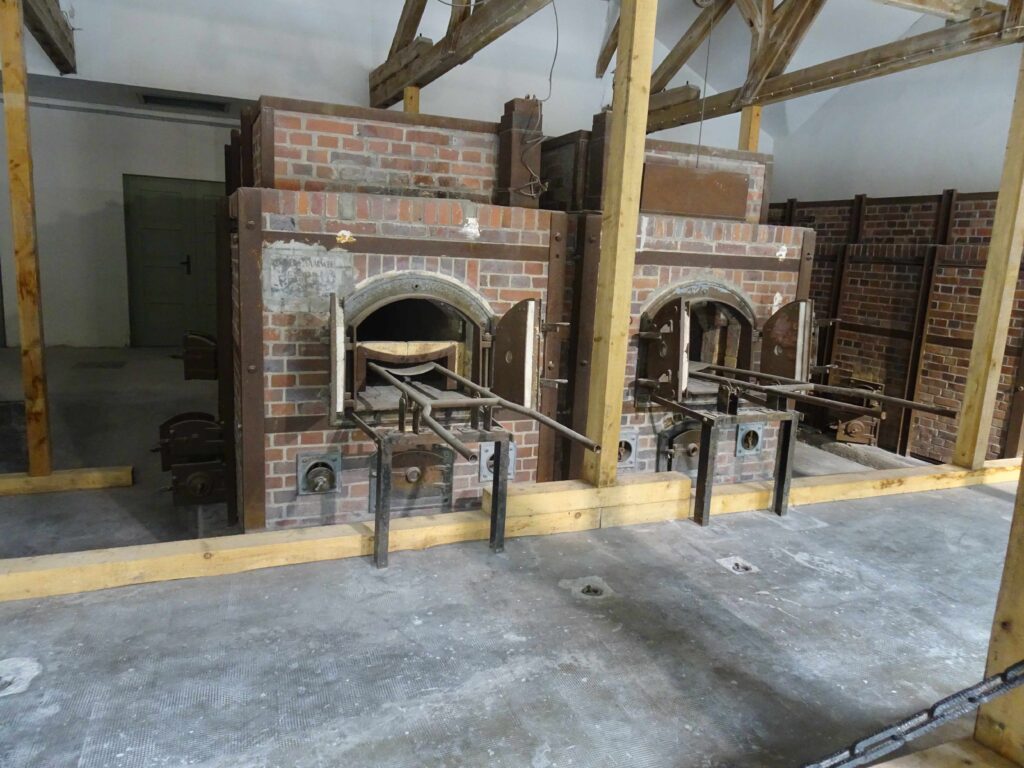
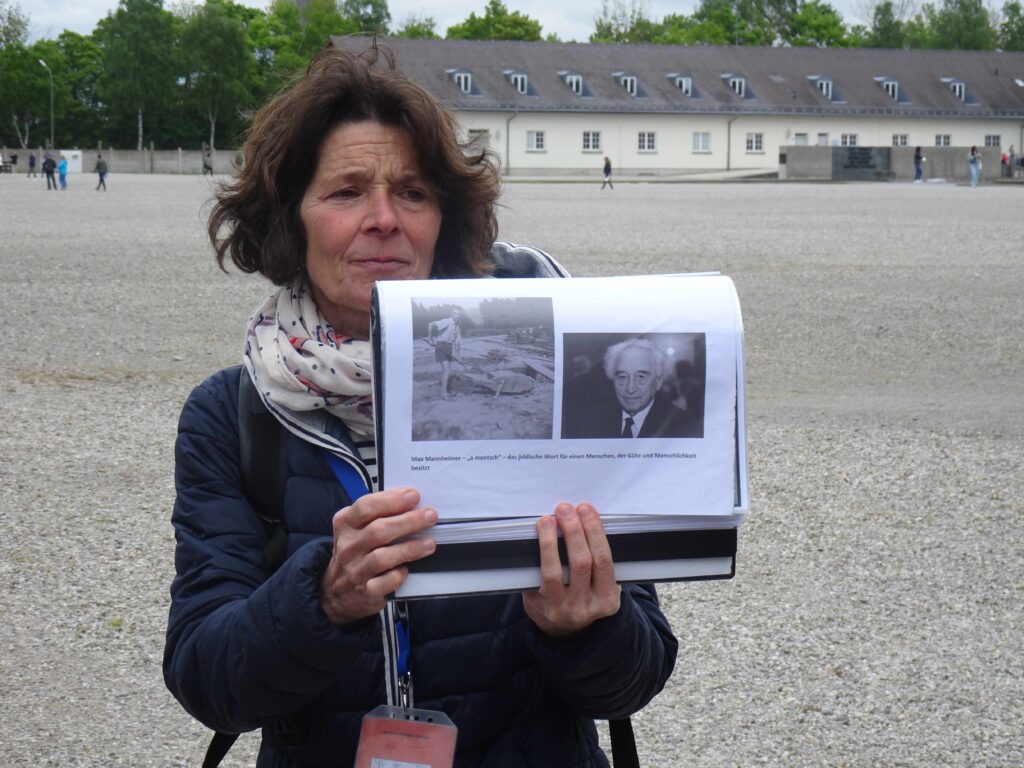
We then drive 3K to the site of a mass burial cemetery, where 7439 bodies from Dachau have been laid to rest. It’s sobering.
